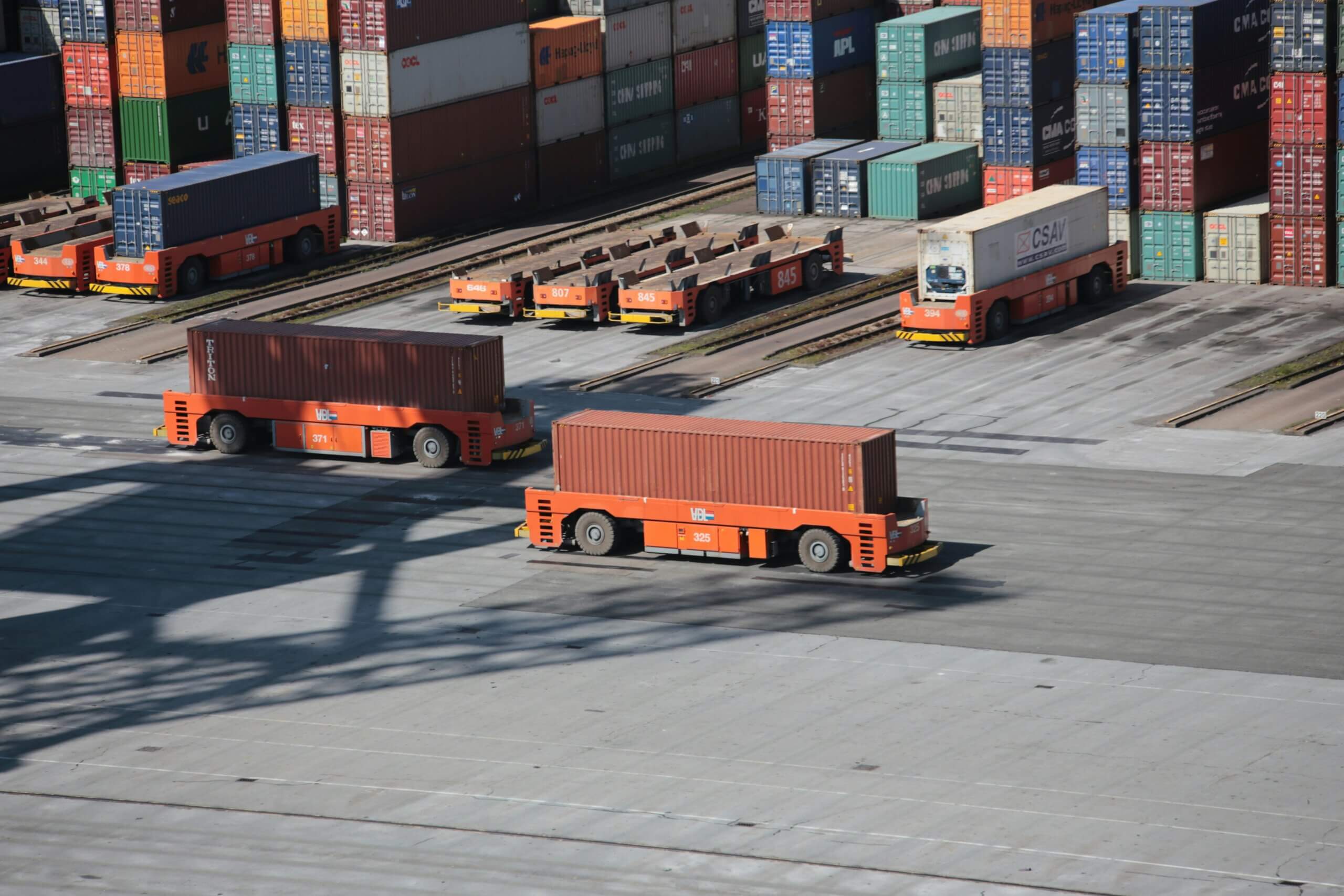This past week, the Supply Chain Forum of Southwest Florida convened in Fort Myers at Gartner’s facility, in partnership with Florida Gulf Coast University. Hosted by John Fitzgerald, Co-Founder of the SCF of SWFL and project44, the forum brought together industry leaders to explore a critical theme: “The Economic and Geopolitical Trade Implications on Supply Chains.”
One of the event’s standout moments was a keynote address from Rick Johnston, Managing Director of CITI Global Government Affairs. His presentation provided a comprehensive overview of how global supply chains are being reshaped by economic, political, and security considerations.
Key Highlights from Rick Johnston’s Talk
Economic Security as National Security
Johnston emphasized the growing intersection between economic policies and national security. He noted that supply chain leaders must extend their expertise beyond logistics and operations to understand and navigate geopolitical dynamics effectively. As global tensions rise, this knowledge becomes critical to mitigating risks and ensuring resilience.
Geopolitical Impact on Supply Chains
Geopolitical events directly shape supply chain strategies, particularly through cross-border trade policies. Johnston highlighted potential shifts under the new administration, such as stricter export controls on Chinese technology and revised import content requirements for goods sourced from Mexico. These changes may redefine sourcing strategies and impact total landed costs, reshoring, and nearshoring decisions.
Trade Deficits and Policy Focus
Countries with significant trade deficits with the U.S.—including China, Vietnam, Mexico, and Germany—are likely to face heightened scrutiny. Johnston suggested that these trade imbalances could spur targeted policies impacting global trade flows and industrial strategies.
Broader Implications for Supply Chains
Johnston outlined several pressing issues that supply chain professionals must prepare for, including:
- Industrial Policy: The US Government may adopt a more active role in shaping supply chain priorities, particularly in critical sectors.
- Hybrid Warfare and Cybersecurity: Increasing risks of cyberattacks and hybrid warfare necessitate robust defense measures across supply chains.
- Environmental Considerations: Climate and carbon policies will likely play a larger role in global trade decisions.
The Role of Executive Orders
One of Johnston’s key observations was the shift in governance from legislative processes to an “Executive Order” model, often leveraging the International Emergency Economic Powers Act (IEEPA). This approach underscores the urgency and volatility of modern economic and geopolitical landscapes, requiring agility from both governments and businesses.
Closing Thoughts
The insights shared underscore the growing complexities of supply chain management in a rapidly evolving geopolitical environment. As trade policies and economic priorities shift, leaders must adapt with a comprehensive understanding of these dynamics to maintain resilience and drive innovation.
This forum served as a vital platform for fostering dialogue, sharing expertise, and equipping professionals with the tools to navigate the challenges ahead. As the global landscape continues to evolve, such discussions will remain essential for building more agile, sustainable, high-velocity supply chains.



